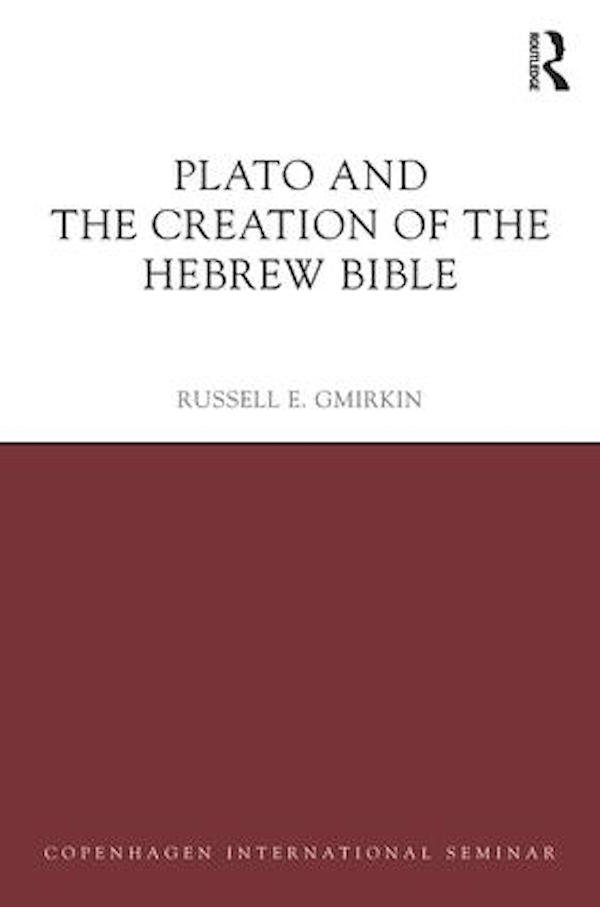palestine
Dagobah Resident
Hello everyone,
I'm currently reading Alfred North Whitehead, a British scholar from the beginning of the last century who sought to revisit modern science, especially "natural science", because of inconsistencies.
He traces its shortcomings to the Greeks, who allegedly operated with too few (too restrictive) considerations while developing "the discipline of science." The same was apparently true for philosophy and other "systems of organizing thought."
I remembered the concept of "Greek enforcers" and watched the sessions. It turns out that they were mentioned, first and foremost, to explain that astrology had strangely disappeared from Greek intellectual systems—even though they had a theoretical basis.
Session 26 July 1997
This was done by Greek enforcers, a kind of FBI of the time.
Session 7 November 1994
I remember reading a very interesting article on the phenomenon of the disappearance of Greek astrology, written by Laura. Furthermore, the forum has also directed a lot of efforts towards the study of the whole aspect of the gospels.
As mentioned above, Alfred Whitehead's writings highlight strange deficiencies, this time concerning science, philosophy (and others) - which could well be explained by a similar phenomenon.
Without the data from the C's, we would be reduced to considering the Greeks as "low-level intellectuals", even though they would have produced the disciplines to come - but seriously deficient ones. That's what A. Whitehead found out. Greek ideas were subsequently taken up and tweaked by Darwin and others, resulting today in an overly narrow mainstream model (matter, dogmatism, etc).
It appears from the C's sessions that an objective intellectual production took place: the question then becomes, "What happened to it?"
I hope the reader understands my interrogations!
I would like to take advantage of this message to ask the forum if the "Greek enforcer" aspect, already studied with regard to astrology and the gospels, would have been raised in a thread, about science and philosophy? It seems to me that these two disciplines have undergone the same process.
Thank you in advance!
I'm currently reading Alfred North Whitehead, a British scholar from the beginning of the last century who sought to revisit modern science, especially "natural science", because of inconsistencies.
He traces its shortcomings to the Greeks, who allegedly operated with too few (too restrictive) considerations while developing "the discipline of science." The same was apparently true for philosophy and other "systems of organizing thought."
I remembered the concept of "Greek enforcers" and watched the sessions. It turns out that they were mentioned, first and foremost, to explain that astrology had strangely disappeared from Greek intellectual systems—even though they had a theoretical basis.
Session 26 July 1997
Q: Why was astrology absent from the myths of ancient Greece?
A: Not absent, “Stalinized.”
Q: What does that mean?
A: Soviets removed Stalin from the history books when he fell from popularity. So, Greeks, Astrology... “Stalinized”...
Q: Why?
A: Deadly secrets would be revealed.
(…)
Q: You once said that the Bible was written by Greek enforcers, and now you have just said that the myths were Stalinized. It also struck me that there were no ghosts or spirits in the Greek texts. These texts portray the Greeks as worshippers of the physical world. They were astonished at Pythagoras’ belief in reincarnation...
A: You have been reading altered texts.
This was done by Greek enforcers, a kind of FBI of the time.
Session 7 November 1994
Q: (L) Who wrote the book of Matthew?
A: Greek enforcers.
Q: (L) What are Greek enforcers?
A: Like your FBI.
Q: (L) Who wrote the book of Mark?
A: Same.
Q: (L) Luke and John?
A: Same?
Q: (L) Acts?
A: Same?
Q: (L) Are any books of the New Testament written by who they claim to be written by?
A: No. Remember this is 70% propaganda.
Q: (L) Is 30% then the truth or the actual teachings?
A: Close. Enough you must decipher from instinct through meditation.
I remember reading a very interesting article on the phenomenon of the disappearance of Greek astrology, written by Laura. Furthermore, the forum has also directed a lot of efforts towards the study of the whole aspect of the gospels.
As mentioned above, Alfred Whitehead's writings highlight strange deficiencies, this time concerning science, philosophy (and others) - which could well be explained by a similar phenomenon.
Without the data from the C's, we would be reduced to considering the Greeks as "low-level intellectuals", even though they would have produced the disciplines to come - but seriously deficient ones. That's what A. Whitehead found out. Greek ideas were subsequently taken up and tweaked by Darwin and others, resulting today in an overly narrow mainstream model (matter, dogmatism, etc).
It appears from the C's sessions that an objective intellectual production took place: the question then becomes, "What happened to it?"
- We (as well as some researchers, chronologically situated between the Greeks and the contemporary era) have only inherited "corrected" texts to rely on.
- I also see the problem linked to the integration of erroneous data: the Greeks apparently created erroneous systems. How could this be possible, given that they possessed reliable knowledge (e.g., astrology)?
I hope the reader understands my interrogations!
I would like to take advantage of this message to ask the forum if the "Greek enforcer" aspect, already studied with regard to astrology and the gospels, would have been raised in a thread, about science and philosophy? It seems to me that these two disciplines have undergone the same process.
Thank you in advance!




